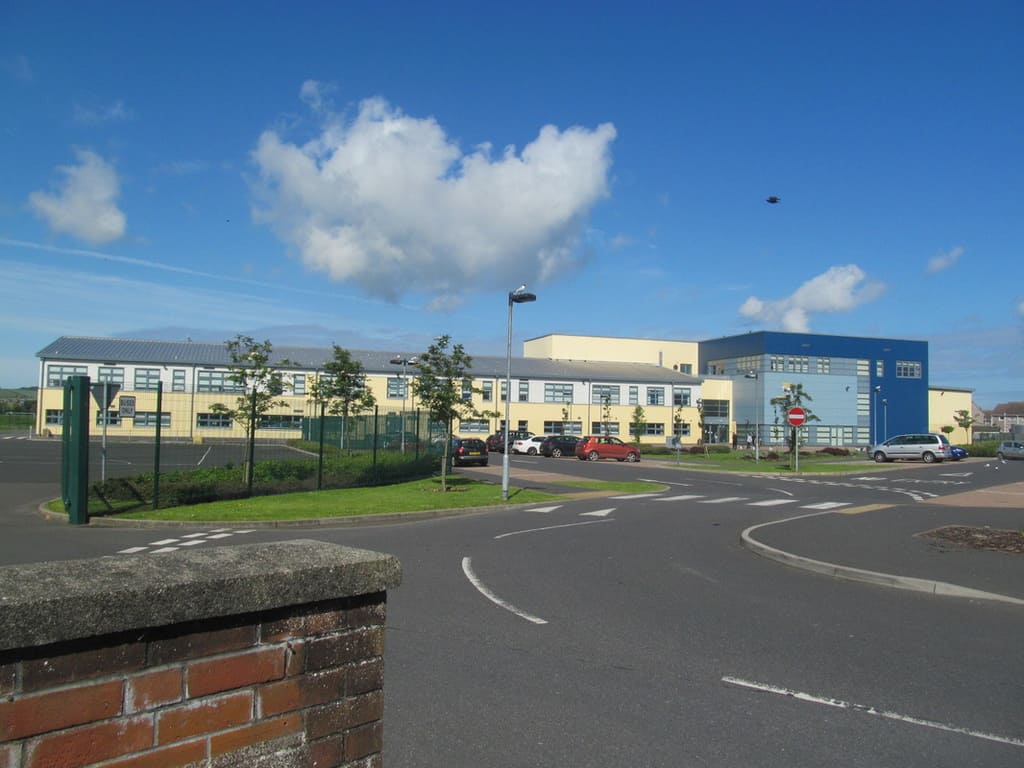Dumfries and Galloway Council’s Education Services is consulting on school holidays and terms for 2019/20 and 2021/22.
The next workshop will be:
Wednesday 14 February 2018 – Stranraer Academy
There will be two sessions: 1530 to 1700 [3.30 to 5pm] and 1800 to 1930 [6pm to 7.30pm)
Each session will begin with a short presentation followed by a group workshop activity, concluding with a short feedback session.
If you want to attend one of the sessions, email: ResourcesTeam@dumgal.gov.uk indicating your choice of consultation session if you would like to take part in.
Following the consultation workshops a questionnaire will be available for stakeholders’ views to be submitted.
The aim is to have the session dates agreed by May 2018.
The number of days which children must attend school in each year (190) and teachers must work (195) is laid down in law. However, the shape of the school year and the pattern of holidays are for individual Councils to determine.
The current pattern of school holidays in Dumfries and Galloway has been in place for a number of years. Key features of the existing arrangements, as far as possible, are:
• Equal length terms, recognising inherent challenges;
• Two week break in October;
• Schools will be closed for the first two full weeks of April for the Spring break.
• Aim to finish at end June;
• Prevent fragmented holidays for pupils by building INSET against bank holidays;
• Retain full weeks for teaching and, where not possible, prevent repetition of the same day of the week off, as these impact unequally on timetabled activity and part-time staff.
The school holidays are set until session 2019/2020. School holidays require to be agreed with the teaching unions through the LNCT and by elected members at Children Young People & Lifelong Learning Committee. Although it may seem straightforward, there is limited flexibility available within a school year.
In setting holidays for the future, we would like to ensure the proposals reflect all stakeholders’ views on what would work best. We want to be sure that the way we organise the school year is meeting the needs of all concerned – above all, we want to be sure that it HELPS, NOT HINDERS, the learning of children and young people.
We have arranged a programme of workshops across the region to talk about issues with the school holidays, as part of a consultation process for session dates for future years.
Due to some misconceptions, it is important to clarify what these meetings are, and are not.
It is very positive that so many people are interested in the school holidays and that indicates that we were right to consult widely and openly.
All will have the opportunity to respond through the questionnaire which will come out in February.
The school holidays are set until session 2018/19. We set these on a 3 year cycle and we consult with staff, parents and stakeholders through parent councils, elected members and the unions. But we know that the pattern of the school year affects a lot of people and we want to find out more about what is important to the families of the 21,000 children we have in our schools and nurseries.
We often receive questions or concerns from parents about school holidays and it is difficult to get a pattern that suits everyone. We know that people all have different views and different arrangements at home so we want to find out what people think.
The consultations are to get a feel for the key issues –we will then send out a questionnaire to all parents and staff but what we hear at this meeting will help us set out the questions we ask.
Above all, we want to be sure that the pattern of the school year helps, not hinders, the learning of children and young people and takes into account the needs of families.
What we have done so far:
• Spring 2018 The Local Negotiating Committee for Teachers (made up of union representatives, staff and senior management) agreed that it would be useful to find out from parents and other key stakeholders what they considered to be important when setting the future pattern of school holidays and session dates – a series of consultation workshops were set up to gather this information.
• From these meetings, the teachers’ unions (LNCT) will establish the general view on the current pattern and take on board what key features are important – are our current principles still important or are there other views? The feedback will be analysed in February 2018.
What will happen next:
• From the feedback, an electronic questionnaire will be designed to ask specific questions on any proposals (late February – mid March)
• Analysis of that survey process will inform the LNCT subgroup who will design proposals and share with non-teaching unions and parents – late March / April
• Consideration of proposals and recommendations will be made by LNCT
• Proposals to Children Young People & Life Long (CYPLL) Committee to consider in May 2018
• Publish the holiday patterns for 2019-2022 in June 2018
Image copyright – www.stranraeracademy.org.uk





